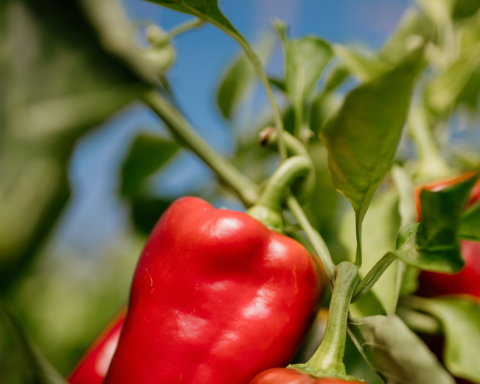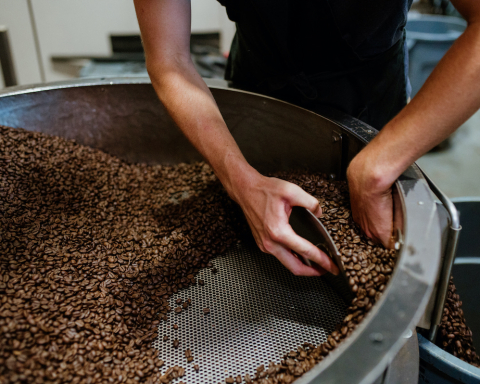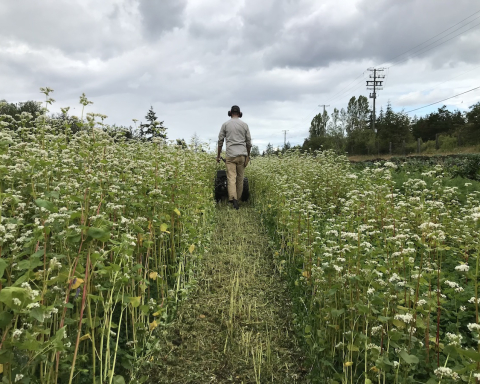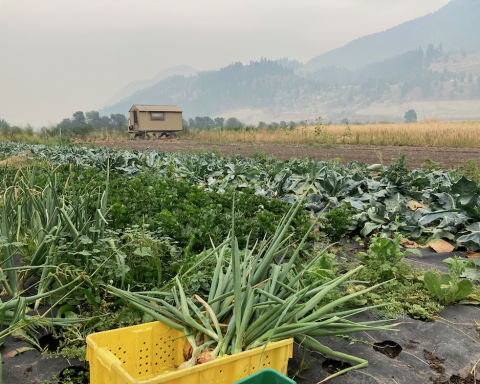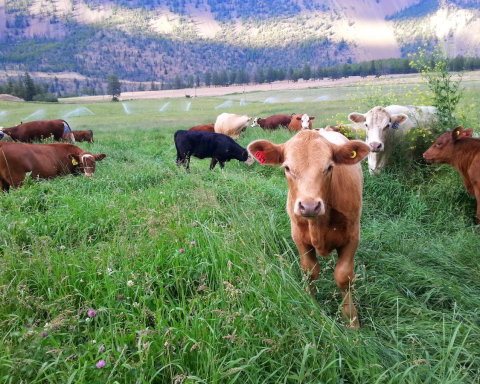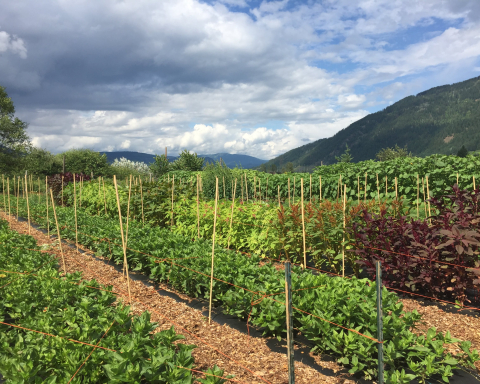By Jim Robbins
The Canadian government is dropping funding for the review and interpretation of the Canadian Organic Standards (COS). The Standards must be updated every five years in order to remain relevant to evolving organic practice and in order to be useful in organic equivalency agreements with other countries.
Agriculture and Agri-food Canada (AAFC) did contribute significantly to the 2015 and 2020 reviews of the COS, but it has alerted the organic sector that it will not fund any future reviews and will insist that the organic industry pay for this mandatory process, a budget of over $1M every five years. Moreover, Agriculture Minister Marie-Claude Bibeau has confirmed that the Canadian Food Inspection Agency (CFIA) will drop funding of the Standards Interpretation Committee, which has been funded since 2009 by the CFIA. This committee resolves disputes between certification bodies and organic operators, and prevents fraud and misinterpretation of organic practices.
AAFC claims that they support maintenance of assurance systems related to sustainability as they look to make industry more resilient and competitive, and that there is much to be drawn from the organic sector. They argue that they have funded projects submitted by organic organizations for market development, strengthening of organic supply chains, development of the National Organic Ingredient Strategy, and a few other projects over the past ten years.
However, without the COS, which is the skeleton of the whole organic industry, these contributions will have no future impact. A lapsed Standard will not convince consumers to buy Canadian organic food, nor will it convince importers of organic food in other countries to buy Canadian; in fact, it will make it impossible.
American and European organic operators do not have to lobby their respective governments every five years for funding of the maintenance and enforcement of their organic standards. On the contrary, the United States Department of Agriculture directly funds the administration of their National Organic Program. The European Commission has a Directorate-General for Agriculture and Rural Development, which is responsible for developing and managing the European Union organic production framework, including an expert group for technical advice.
Organic agriculture is recognized as an efficient tool for reducing greenhouse gases, building soils, and enhancing biodiversity. Amid a summer of drought and fires threatening food production in many Canadian provinces, organic systems offer a method of reducing agriculture’s impact on the environment while sustainably producing high quality food.
However, without an ongoing organic standard defining what organic production systems are, and without a fair enforcement mechanism protecting organic integrity, organic agriculture lacks the tools that it needs to maintain growth and provide the ecological services it is capable of producing.
Jim is an organic producer from Delisle, Saskatchewan, growing field crops and raising cattle. He has been President of the Organic Federation of Canada since 2016.
Feature image: Photo: Seedlings at Amara Farm. Credit: Michaela Parks



